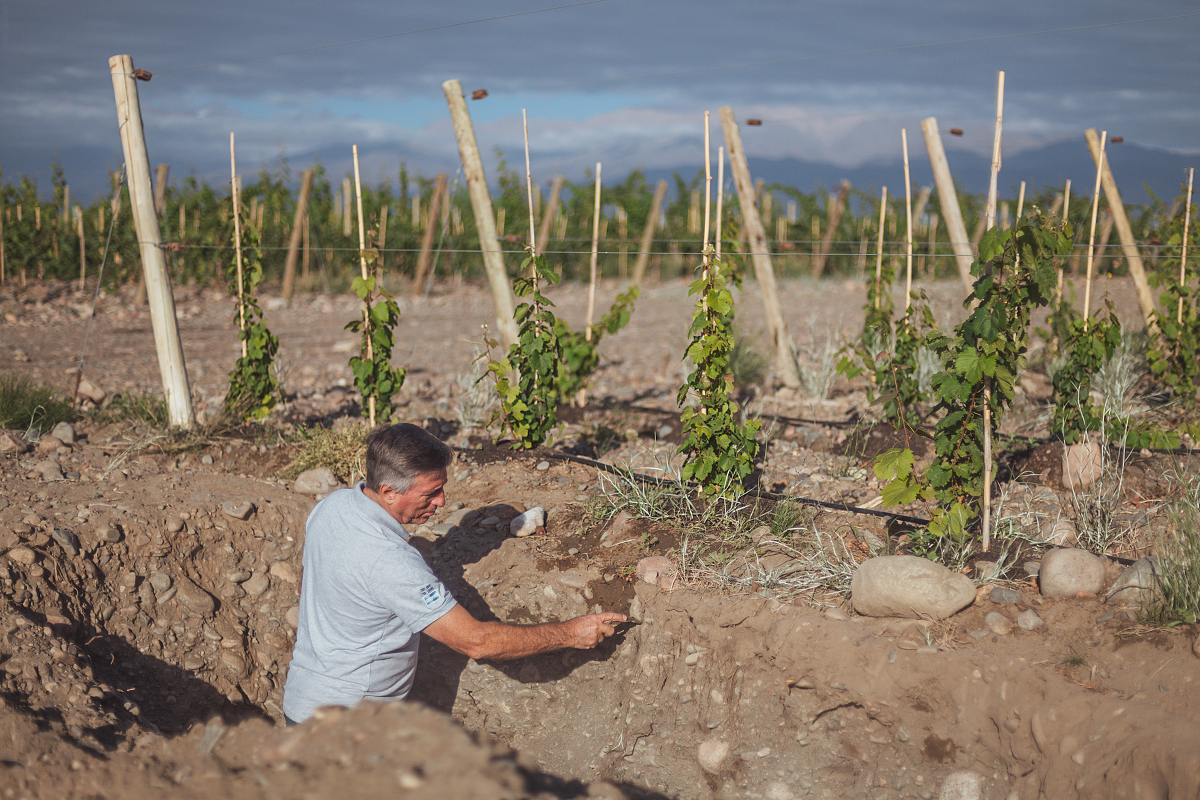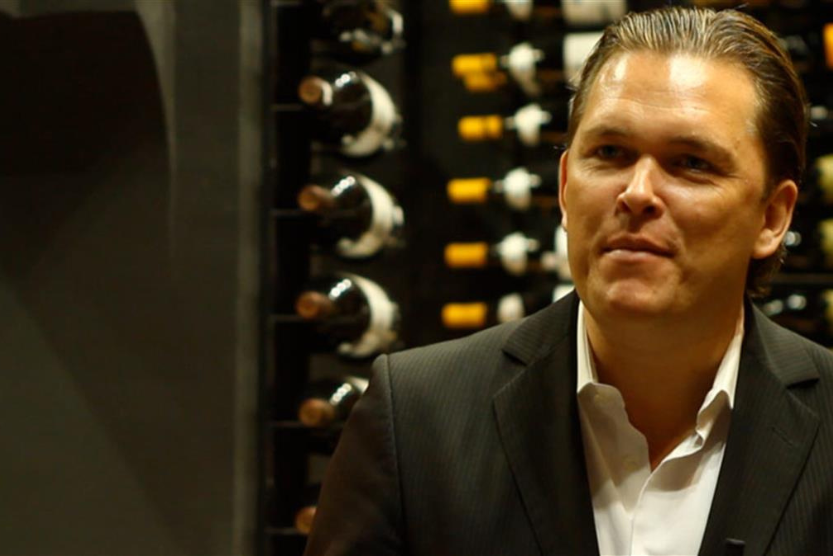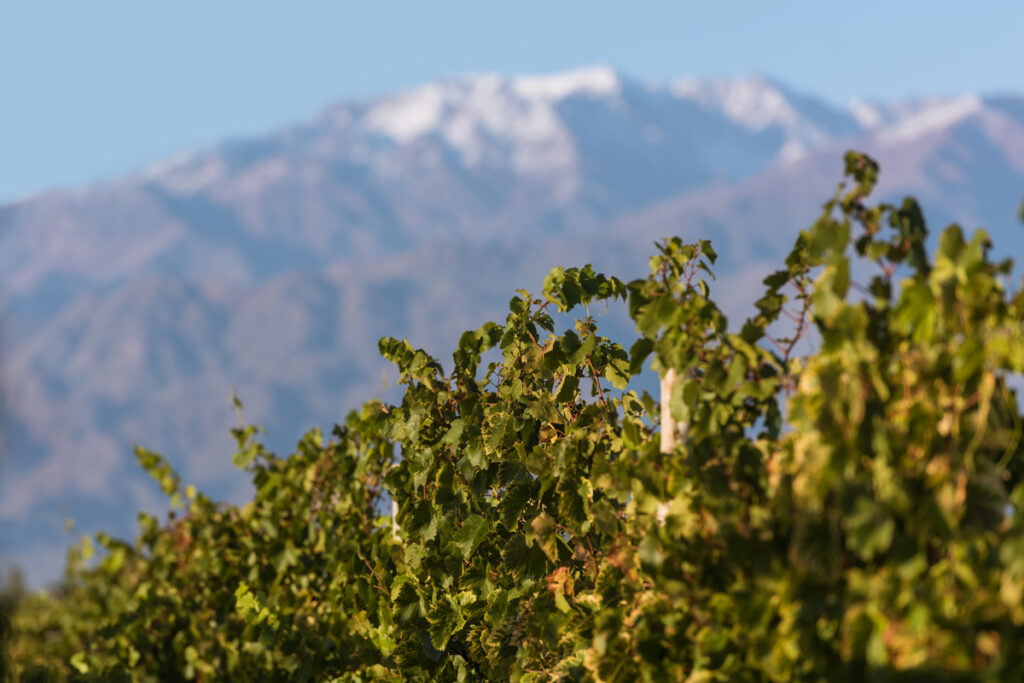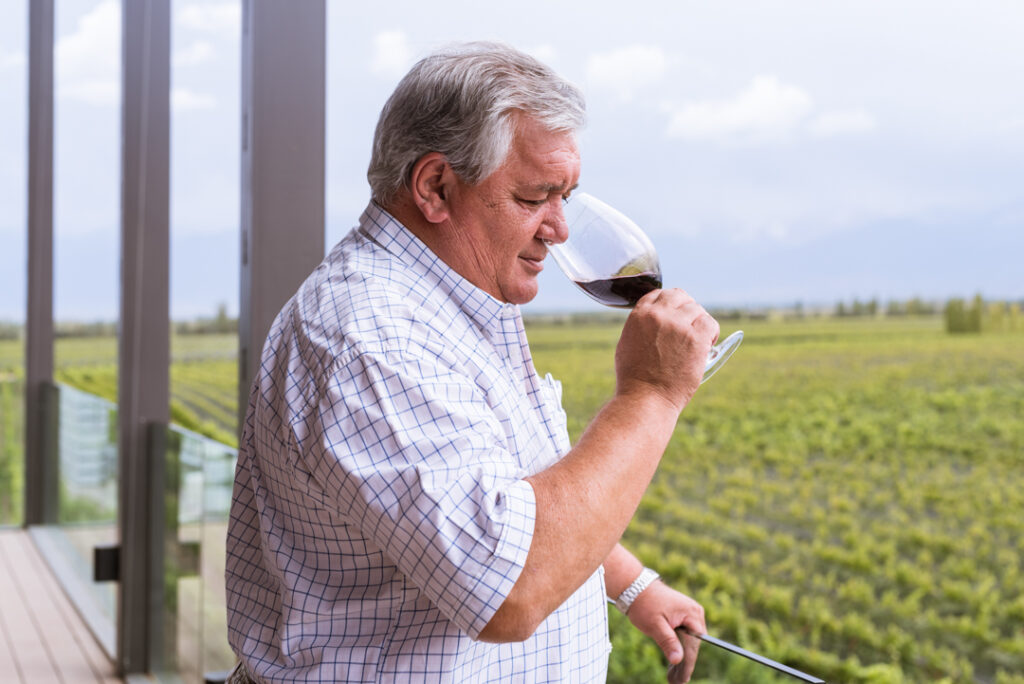Agronomist’s Day

Today we celebrate Agronomist’s Day and we took the opportunity to talk with our Agronomy Leader Gonzalo Videla.
With an outstanding career in the cultivation and management of vineyards, Gonzalo shares his knowledge and experience in winemaking management, giving us an insight into the agricultural practices that contribute to the excellence of the wines we produce as well as the improvements introduced in environmental matters.
How did you get started in agronomy?
I think I studied agronomy because I lived on a farm in Mendoza where my father was a Malbec producer.
I went to a technical school, the agricultural high school, where I graduated with the degree of Bachelor of Oenology and when I finished, I decided to study Agronomy.
Once I graduated, I worked in a dairy farm for some years and in 1993, I dedicated myself fully to viticulture.
How does the knowledge of Biology and Geology play in the field of Agricultural Engineering?
Knowledge in biology and geology is very important in agronomy.
Biology allows us to understand the cycle of plants, their interactions with their environment and health through agronomic techniques.
Geology allows us to have a good knowledge of soil composition, structure and water and nutrient retention capacity, which is fundamental together with the thermal amplitude to decide where to plant and how to manage a vineyard.
What aspect of your work do you like the most?
For me, working in this winery is a real pleasure.
I have been here for 25 years and I can’t remember a year in which I have not been happy.
Getting up and starting the day is a passion.
I can’t stay at home for more than two days: I love coming here, seeing the people, being with the producers I have known for so many years.
I enjoy it, it’s a passion.
I mean, it’s not a burden.
I enjoy getting up, getting in the truck, being conscious and coming here.
What is your day-to-day life like?
I wake up around 7 a.m., have breakfast, answer emails and then I get in the truck and go to a farm to see the farmers, to see how they are doing.
On Fridays I do all the administrative part, which is to request equipment, spare parts for machinery, organic fertilizers.
There is a lot of analysis and exchange with suppliers to see the implementation.
Sometimes, due to import obstacles or replacement of parts, the equipment is not viable, so we try to make our own developments to satisfy a need.
What changes are you implementing in the vineyard to make practices more nature-friendly?
For a long time, we have been making decisions guided by the need to protect the soil and preserve the integrity of the wines we make.
Choosing more natural inputs was not simply a trend, but a commitment to care for our resources and our people.
It is a path that we continue to follow and in which we seek to improve day by day.



